Hello Again to All That: or is it time to move on from WWI?
There is a whiff of ‘war porn’ about the footage of wretched men staggering towards machine-guns
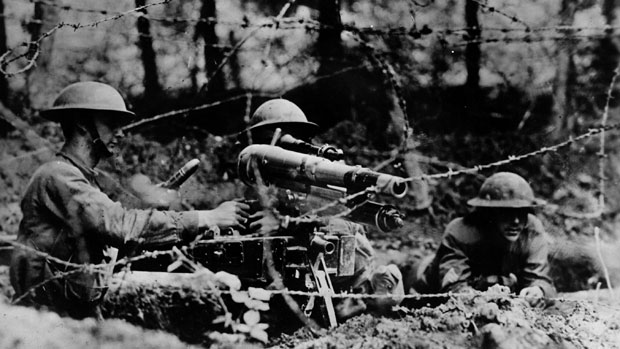
A free daily email with the biggest news stories of the day – and the best features from TheWeek.com
You are now subscribed
Your newsletter sign-up was successful
Robert Graves, the poet who served as an officer in the First World War, in 1929 wrote a best-selling memoir, Good-bye to All That. Graves was saying farewell to many aspects of British life, but his principal adieu was to the Great War in which he was severely injured (so badly that his family were informed that he had been killed).
His book appeared 11 years after hostilities ceased. Eighty-nine years on, the nation is wallowing again in the mud of the Western Front. ‘Hello Again to All That.’
Wars as significant as World War One must be both remembered and commemorated, but the overkill of the past months – and the threat/promise of so much more to come over the next four years as the centenaries of the murderous battles and the final Armistice roll round – says more about the national mindset than it does about the war. We live in the past as do almost no other nations. And we learn very little.
The Week
Escape your echo chamber. Get the facts behind the news, plus analysis from multiple perspectives.

Sign up for The Week's Free Newsletters
From our morning news briefing to a weekly Good News Newsletter, get the best of The Week delivered directly to your inbox.
From our morning news briefing to a weekly Good News Newsletter, get the best of The Week delivered directly to your inbox.
Forests have been levelled to create supplements (newspapers have been churning them out all year) and histories (someone has calculated that there are in print 8,000 books on the war): scarcely a night passes without a TV documentary (a few extremely good: many copycat and unremarkable).
The inescapable trademark of this deluge has been filmed scenes from the trenches. Such warfare was, of course, appalling, and many who survived were traumatised irrevocably, but there is a whiff of ‘war porn’ about the continual re-running of footage of wretched men staggering towards machine-guns.
What does this superabundance of nostalgia tell us? Despite the atrocities (Graves reports second-hand accounts of British soldiers killing German PoWs), the war was, by all accounts, mainly fought according to the ‘rules’: at Christmas we’ll doubtless have a deluge of replays of the famous football match in no-man’s-land, when Tommies and Huns discovered (to the dismay of their commanders) that each were just ordinary lads drawn into a mass killing spree – the origins of which remain hotly debated still.
Official commemorations are very set-piece: royalty; military bands; church services. (Possibly there is no other way.) What with royal weddings, the Jubilee; royal births – even the death of Margaret Thatcher – the nation has had an orgy of upright young men in scarlet tunics marching immaculately through central London, looking every inch ready and prepared to head for the battlefield of Waterloo.
A free daily email with the biggest news stories of the day – and the best features from TheWeek.com
In the meantime the world has grown ever more dangerously complex – in part as a result of ‘solutions’ (aka as ‘lines in the sand’), the carve-up of the Middle East arrived at by the western powers in the aftermath of the Great War. We have become great second-string warriors, following the Americans into foolish and counter-productive wars in Iraq and Afghanistan, yet standing by impotently as Syrians slay each other, as jihadists take a firm hold on Middle East territory, and Gazans die in their hundreds.
The American post-war Secretary of State, Dean Acheson, coined the memorable phrase: “Great Britain had lost an Empire and has not yet found a role”. Sadly in the near 70 years since those words of wisdom, the role remains elusive. We still hanker after the past – we sing ‘Land of Hope and Glory’ with ever greater gusto – but we have little idea what constructive to do with our still formidable military power. We build aircraft carriers in the age of guerrilla warfare and street-fighting.
That not all of Britain is united behind the government’s ‘carry on as normal’ attitude to overseas affairs was abruptly illustrated today by the resignation of Baroness Warsi, the first Muslim woman to sit in the Cabinet.
Given the mealy-mouthed government response to the slaughter in Gaza, Lady Warsi said that she found it impossible to reconcile her Islamic religion with service under Cameron. She described the government’s position on what is happening in Gaza as "morally indefensible". As Britain becomes more multi-ethnic and multi-faith, future PMs will increasingly face similar foreign policy balancing acts.
Many of the commemorative events this week have been dignified and moving. Of course, we will in two years’ time remember the carnage of the Somme. But let us move on: only by shedding the past will the nation embrace the present. And that present is not men stumbling blindly and uncertainly through gas to dreadful doom two generations ago, but children each day torn to shreds by high explosives; homes reduced to rubble; irreconcilable divisions between man and man seeking (and failing) to live in the same space.
Even in Europe, with near-civil war bubbling in Ukraine, we live in highly dangerous times. Our leaders are free to make comparisons with the past – history is there to teach us lessons, though it seldom does – but bad-mouthing the Russians as reincarnations of the German aggressors of yesteryear is no pathway to understanding the dangerous international complexities with which we live.
-
 Local elections 2026: where are they and who is expected to win?
Local elections 2026: where are they and who is expected to win?The Explainer Labour is braced for heavy losses and U-turn on postponing some council elections hasn’t helped the party’s prospects
-
 6 of the world’s most accessible destinations
6 of the world’s most accessible destinationsThe Week Recommends Experience all of Berlin, Singapore and Sydney
-
 How the FCC’s ‘equal time’ rule works
How the FCC’s ‘equal time’ rule worksIn the Spotlight The law is at the heart of the Colbert-CBS conflict
-
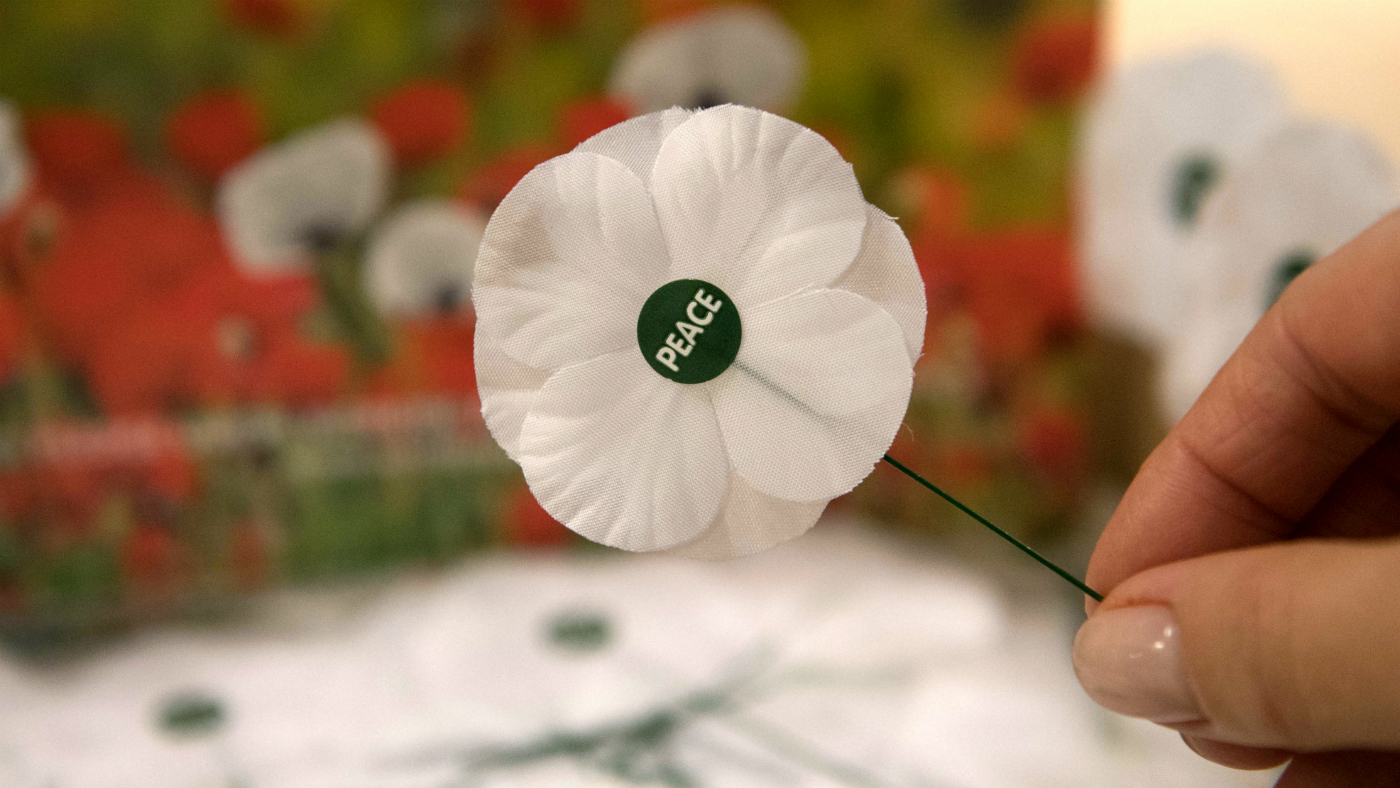 What do the different coloured poppies symbolise?
What do the different coloured poppies symbolise?In Depth Volunteers are distributing millions of poppies in the run up to Remembrance Day
-
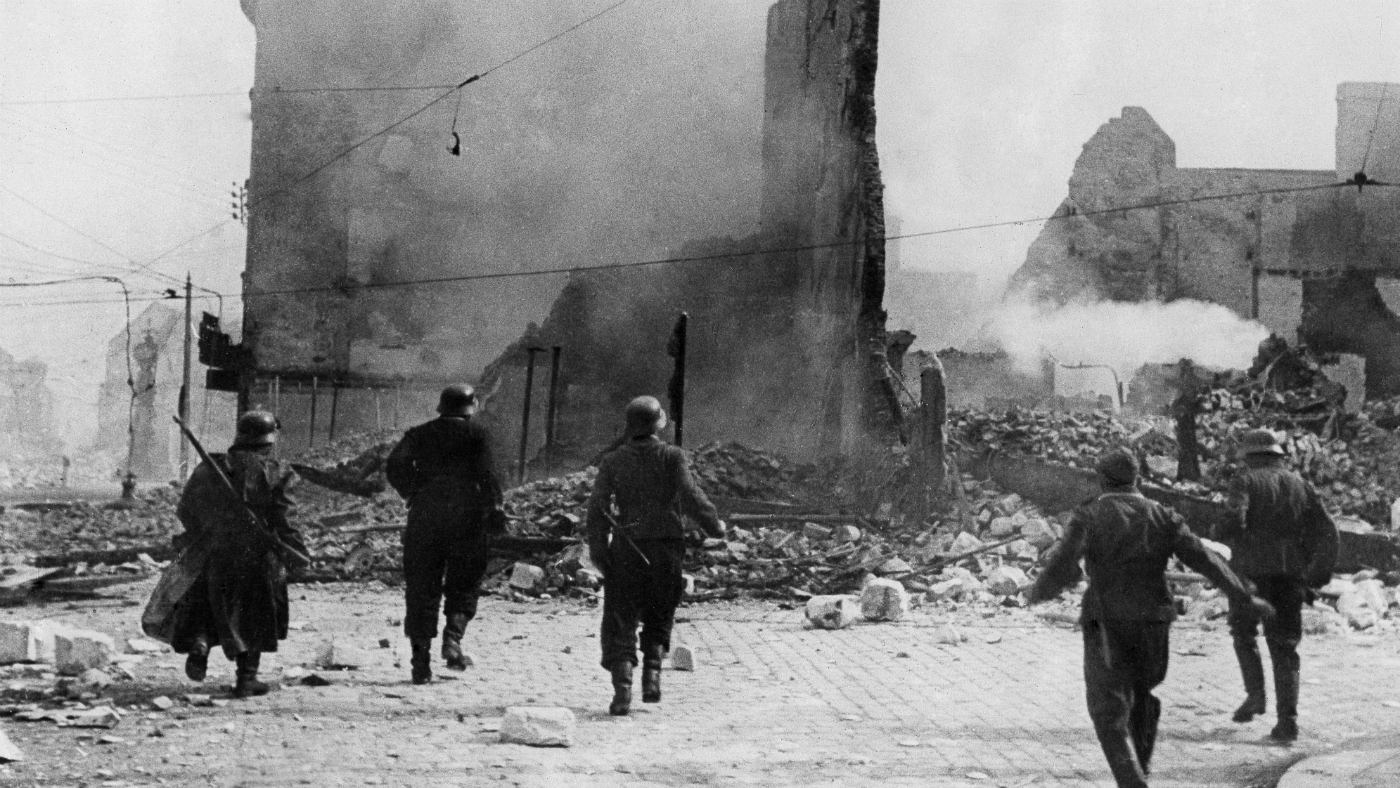 First World War: four things we get wrong
First World War: four things we get wrongIn Depth
-
 What happened at the Battle of Amiens
What happened at the Battle of AmiensIn Depth Theresa May is in France to mark 100th anniversary of one of the most pivotal events of First World War
-
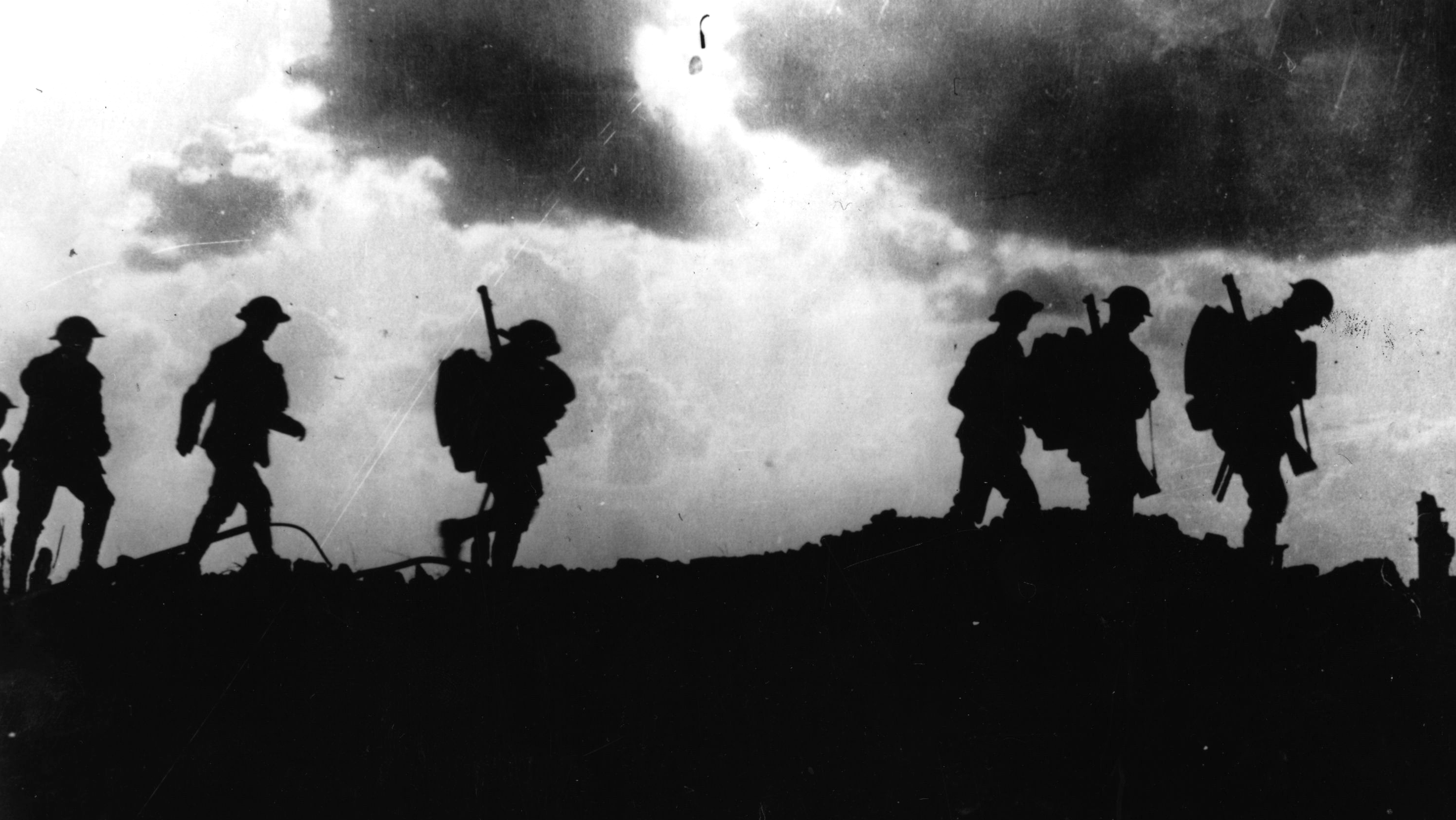 The secret history of the gay soldiers who served in the First World War
The secret history of the gay soldiers who served in the First World WarIn Depth Discrimination and persecution has led to gay soldiers of the Great War being seen as tragic figures, but this was not always the case
-
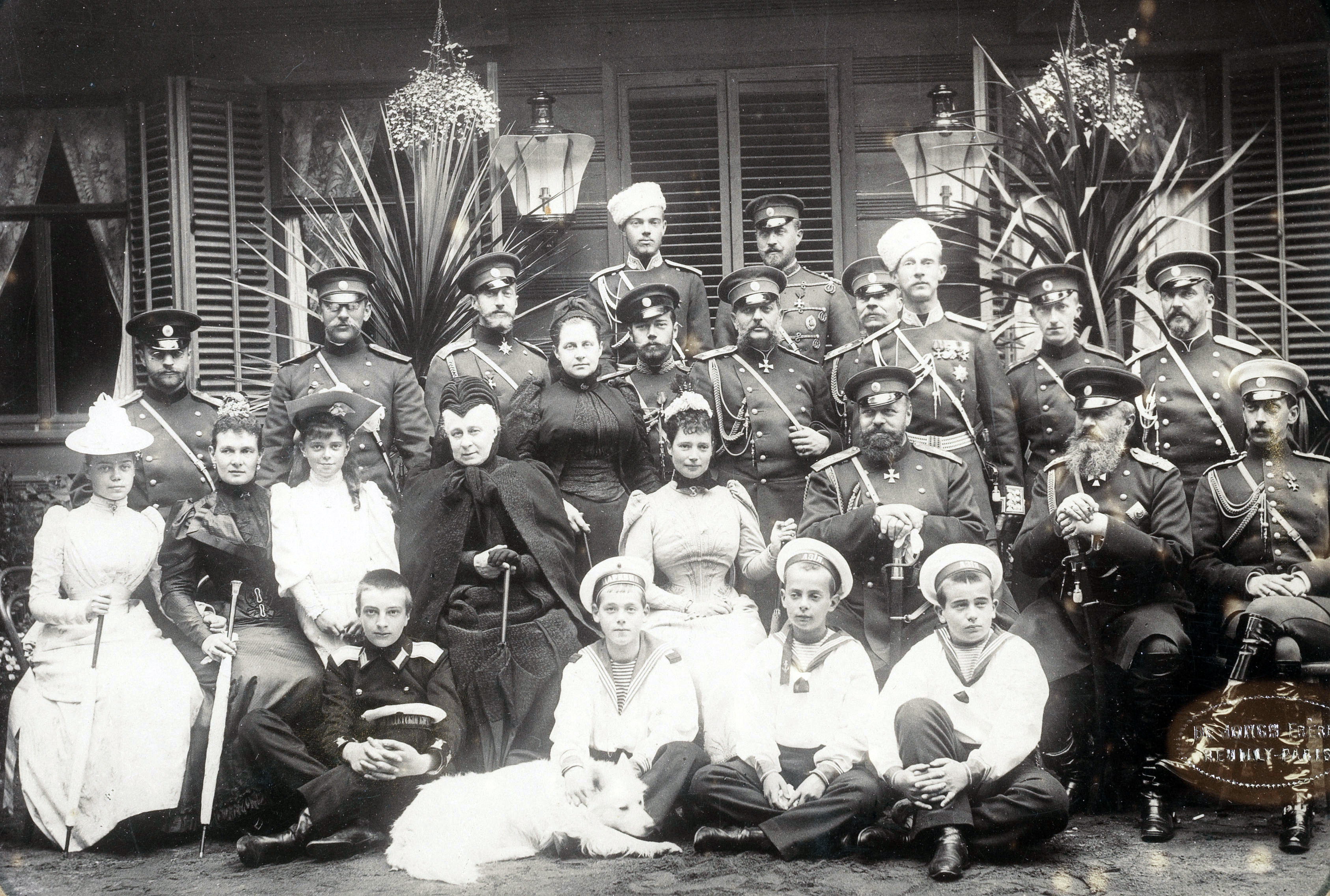 The Romanoffs: how did the Tsar and his family die?
The Romanoffs: how did the Tsar and his family die?In Depth New series about descendants of the Russian royal family comes to Amazon Prime
-
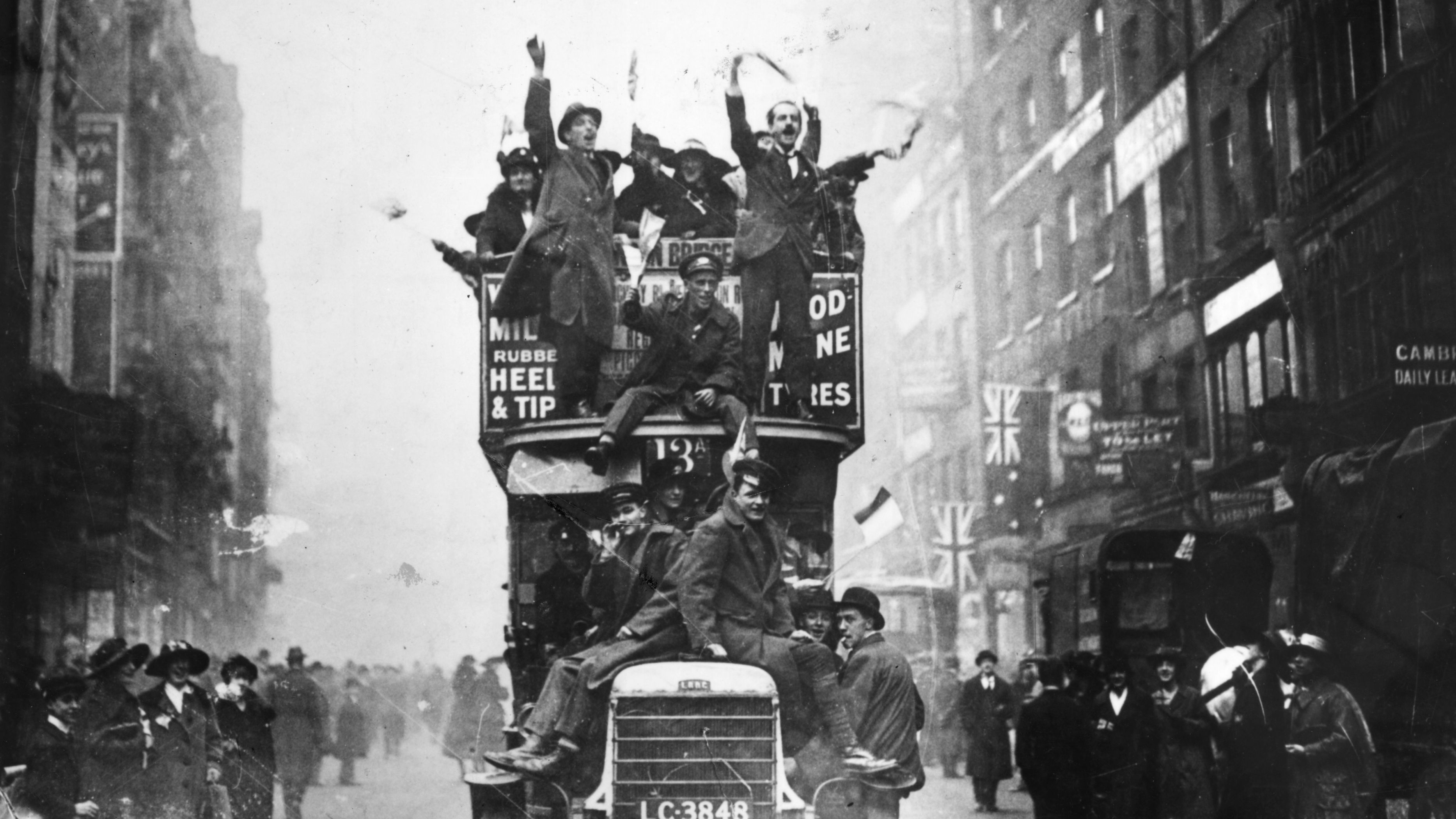 How did World War One end?
How did World War One end?In Depth Duchess of Cornwall marks Armistice Day at Westminster Abbey
-
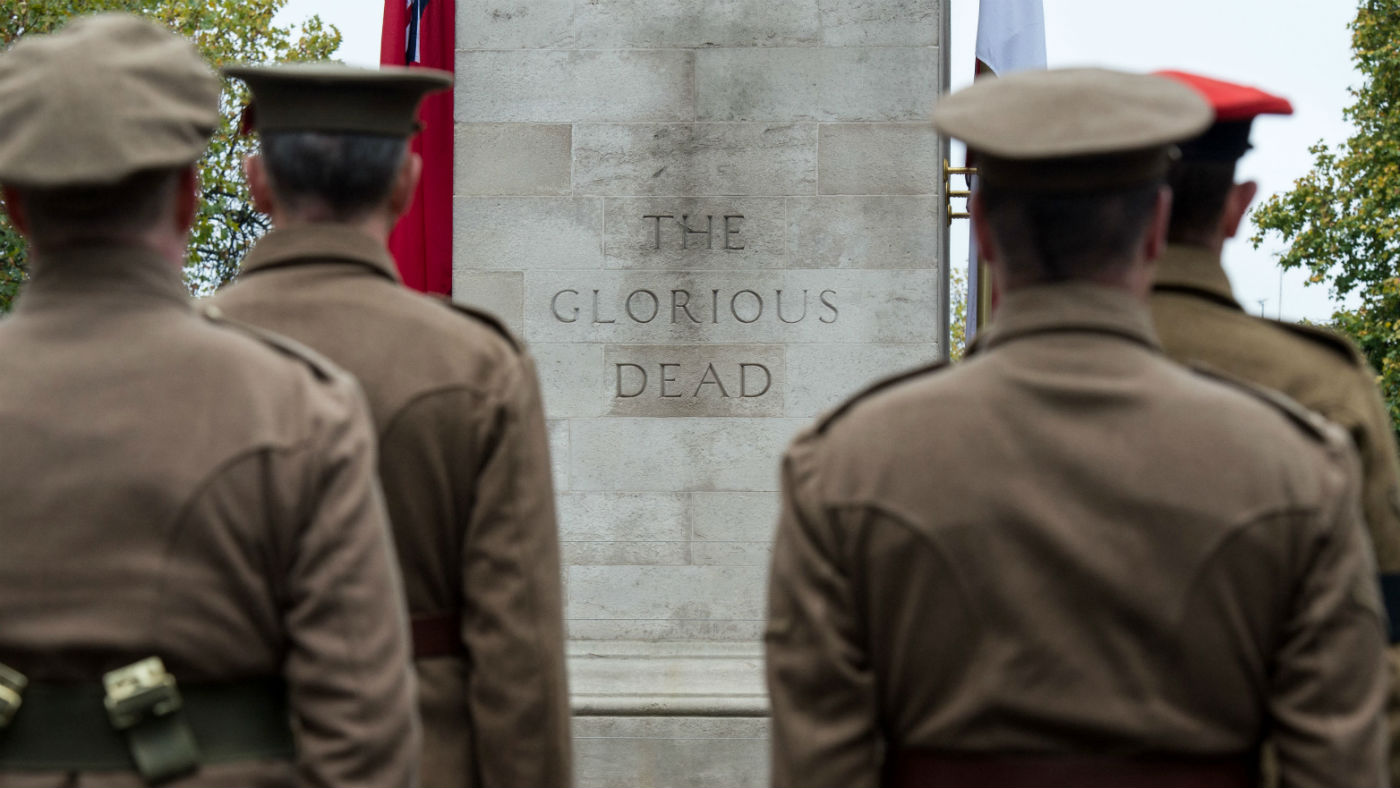 First World War centenary: Armistice events around the UK
First World War centenary: Armistice events around the UKThe Week Recommends A selection of events going on around the country as the UK prepares to commemorate 100 years since the end of World War One
-
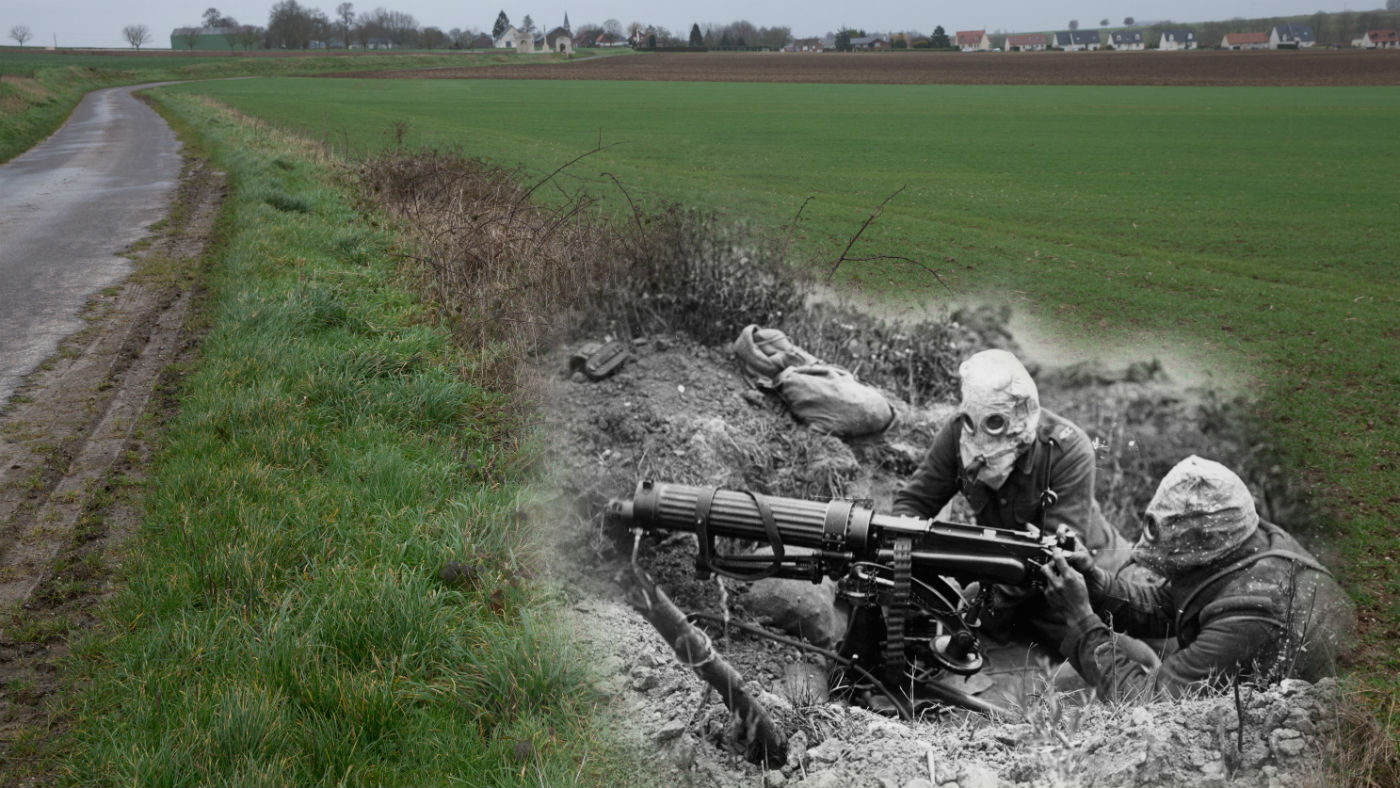 First World War composite photos bring past to life
First World War composite photos bring past to lifeIn Depth Then-and-now images put snapshots of the Great War in a 21st century setting